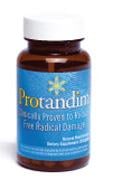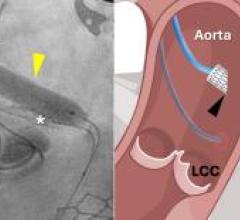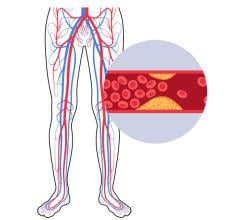
January 7, 2011 – A new study from The Ohio State University found that Protandim can suppress intimal hyperplasia, the over-proliferation of cells that line the walls of blood vessels. The adverse blood vessel blockage often limits the effectiveness of several types of vascular surgery.
The study was sponsored by the American Heart Association and the National Institutes of Health, and was published in Free Radical Biology and Medicine.
Protandim is a dietary supplement from LifeVantage that is made up of five highly synergistic herbal ingredients. It had been shown in earlier studies to activate the transcription factor Nrf2, a signal to the cell's DNA to regulate a network of protective genes. This new study further investigates the supplement’s ability to increase production of the body's Nrf2-regulated protective genes, sometimes referred to as "survival genes," which include most of the antioxidant enzymes.
Coronary artery bypass graft (CABG) surgery is performed more than 400,000 times a year in the United States. Most procedures requiring multiple bypasses still utilize the saphenous vein (taken from the leg) for secondary grafts. Ten years after CABG surgery, roughly half of the saphenous vein grafts often become largely – if not completely – blocked by processes that may result from intimal hyperplasia. Previous studies concluded that a major factor causing this condition is the three-to-five-fold higher concentration of oxygen experienced by the graft in its new environment.
In this study, Protandim significantly increased antioxidant enzyme activity in veins cultured at high oxygen. It also reduced free radical levels, lipid peroxidation and intimal proliferation to levels seen in a normal, healthy saphenous vein.
"This study was conducted in an ex vivo model using human saphenous veins harvested from patients undergoing bypass surgery - the exact population who might benefit from a therapy to prevent intimal hyperplasia," said Joe M. McCord, a co-author of the study.
For more information: www.LifeVantage.com


 February 06, 2026
February 06, 2026 









